Why Moisturizing Matters
Facial moisturizing goes beyond cosmetics; it's a pillar of good skincare that fosters skin health. Whether your skin is oily, dry, a mix of both, or sensitive, understanding why moisturizing is essential is key.
Your skin is your body's largest organ, and it plays a critical role in protecting you from environmental factors like pollution and harmful UV rays. Maintaining its health should be a top priority, and that's where moisturizing comes in. When your skin is well-moisturized, the difference between cream and moisturizer is that moisturizer functions better as a barrier, preventing irritants from penetrating deep into your skin.
Hydration and Barrier Function
Moisturizers are more than just skin quenchers; they're guardians of your skin's natural barrier. They hydrate, ensuring suppleness, and lock in moisture to shield your skin from the elements. But it's not just about keeping moisture in; it's also about keeping harmful elements out.
The skin's outermost layer, the stratum corneum acts as a protective fortress. When it's well-hydrated, it forms a robust barrier that keeps irritants and pollutants at bay. This not only prevents skin issues but also helps your skin stay plump and youthful.
Now, consider what happens when this barrier is compromised due to a lack of moisture. It becomes weaker, making your skin more vulnerable to damage and environmental aggressors. Dry skin is more prone to irritation, inflammation, and even premature aging. By moisturizing regularly, you're essentially fortifying your skin's defenses.
Choosing the Right Quantity for Your Skin
Figuring out how much moisturizer to use on face is crucial, as it is the understanding of the difference between moisturizer and body lotion. Too little moisturizer leaves your skin wanting, while too much can lead to clogged pores. Let's explore the art of applying just the right amount for your skin's unique needs.
The ideal amount of moisturizer depends on various factors, including your skin type, the season, and the specific product you're using. As a general rule, start with a small amount, and if your skin still feels thirsty, you can gradually apply more.
For those with dry skin, identifying the difference between moisturizer and cream is important, and based on it, opting for a richer, creamier moisturizer is advisable. If your skin leans towards the oilier side, a lightweight, oil-free moisturizer can provide the right balance. Always remember that a little goes a long way, and it's better to start with less and add more if needed.


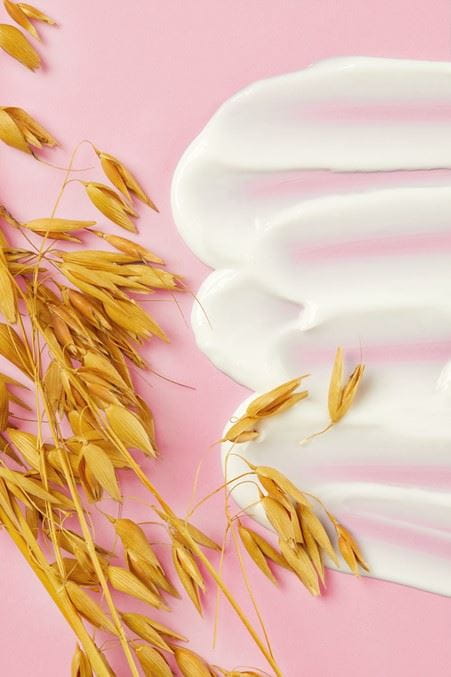
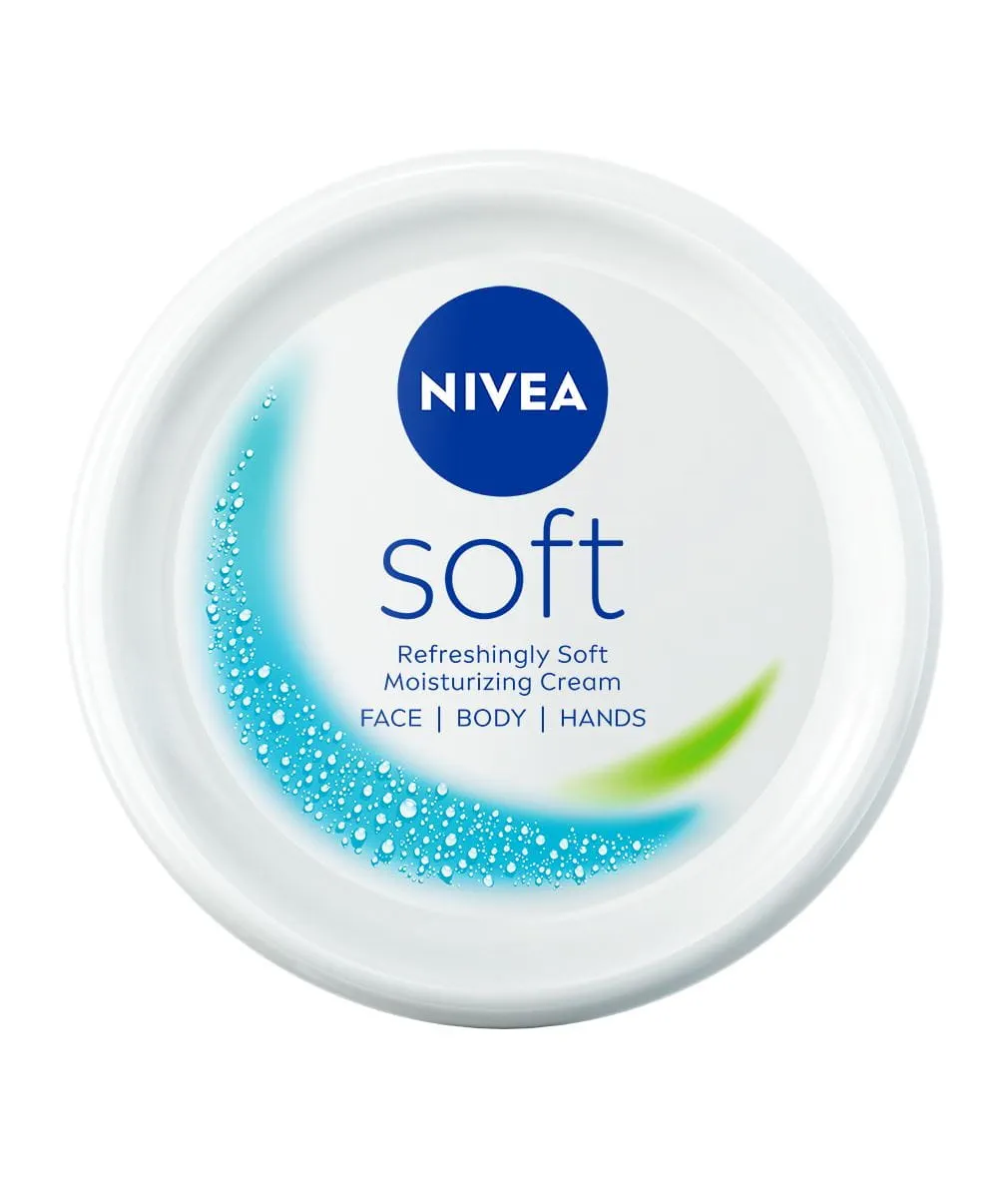
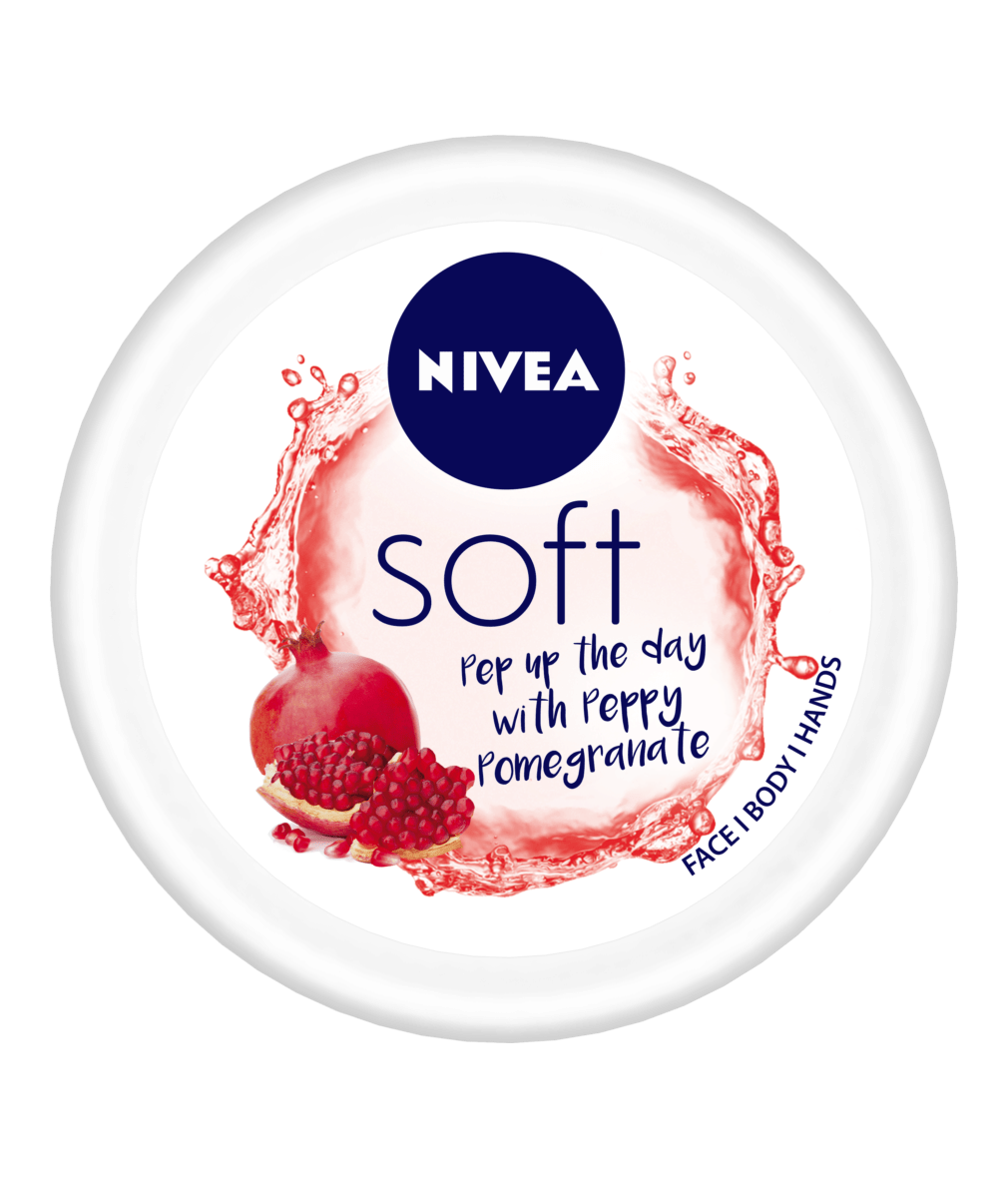
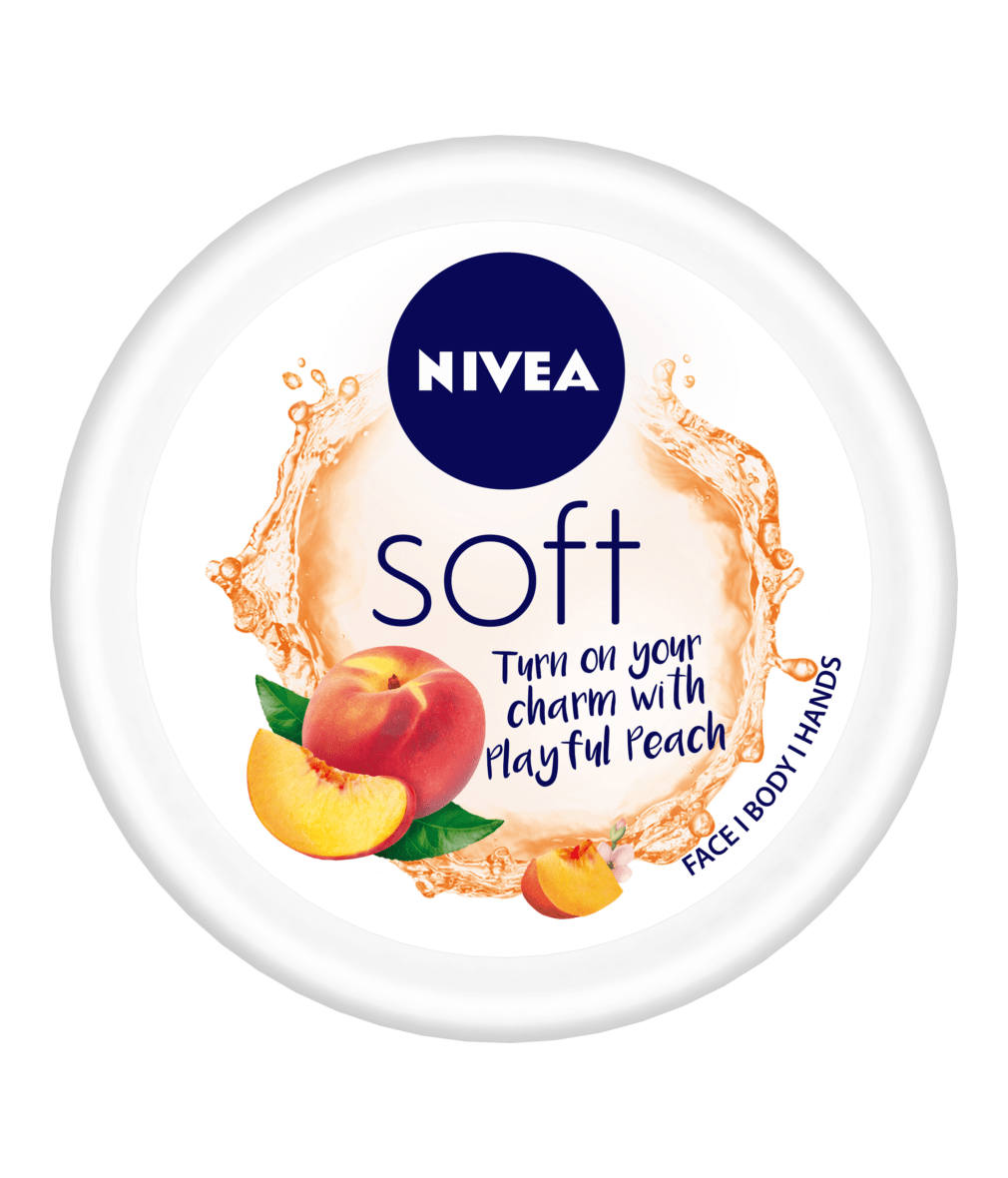

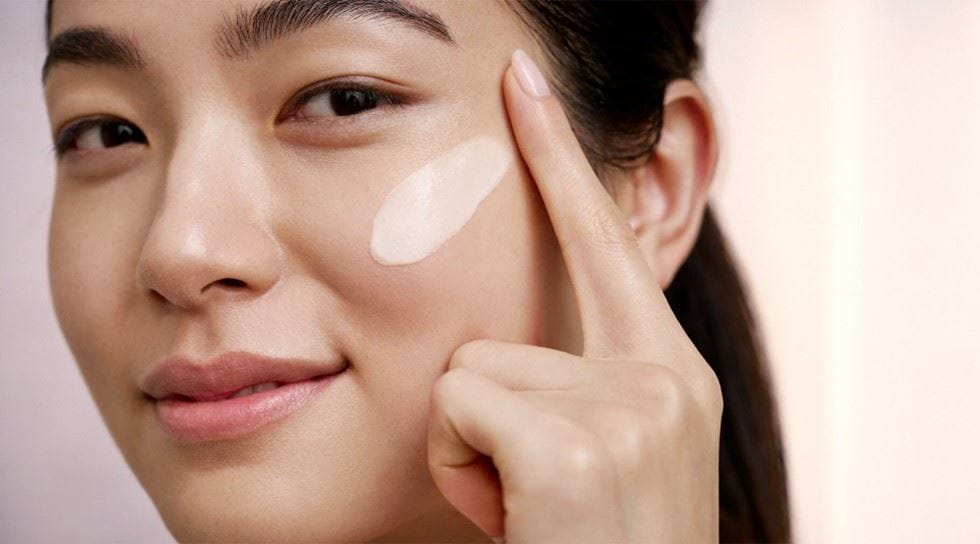

.jpg?rx=852&ry=0&rw=4054&rh=2250&hash=AA9B38AEF106A50820586C1DB106EF06)